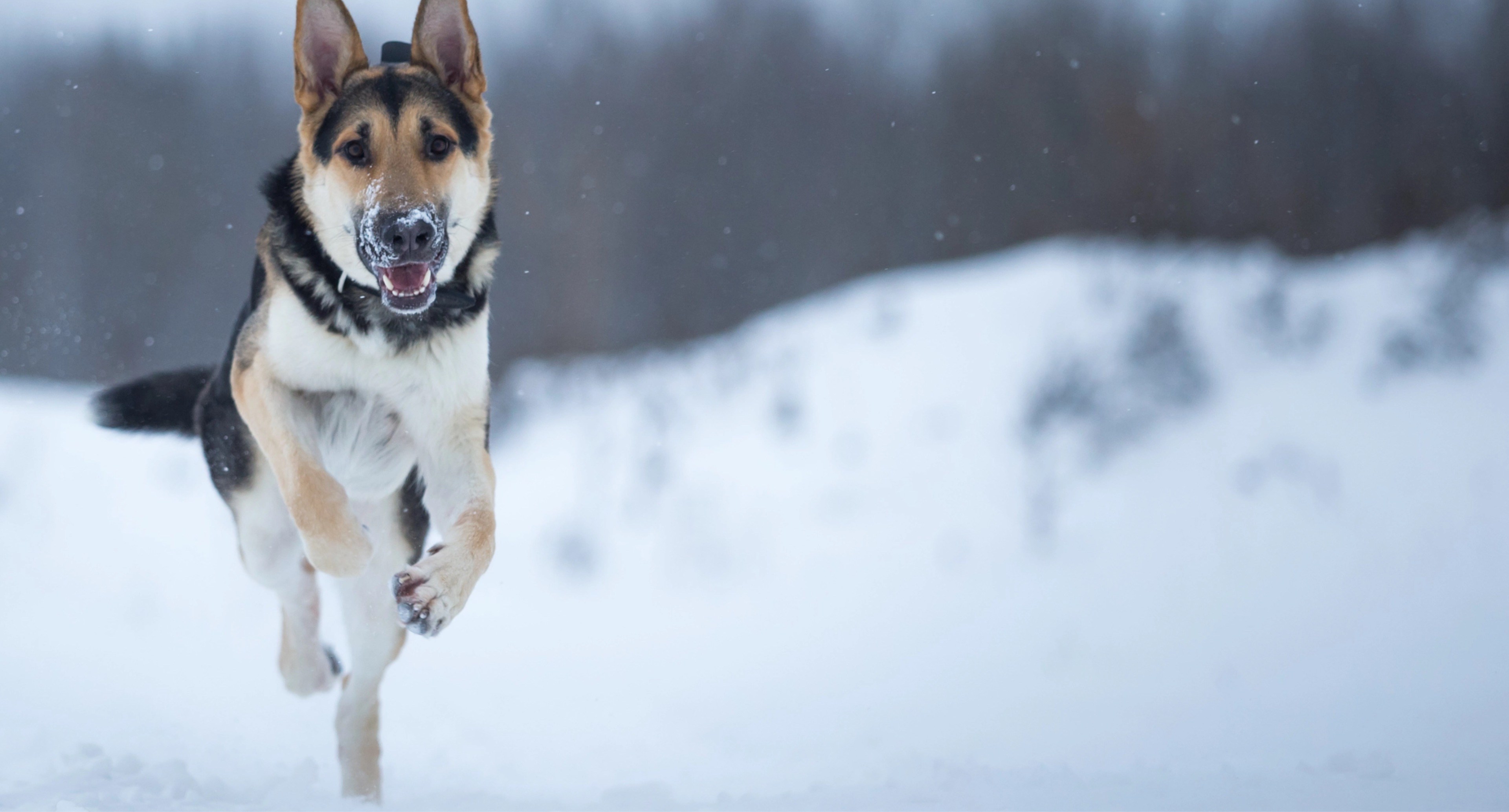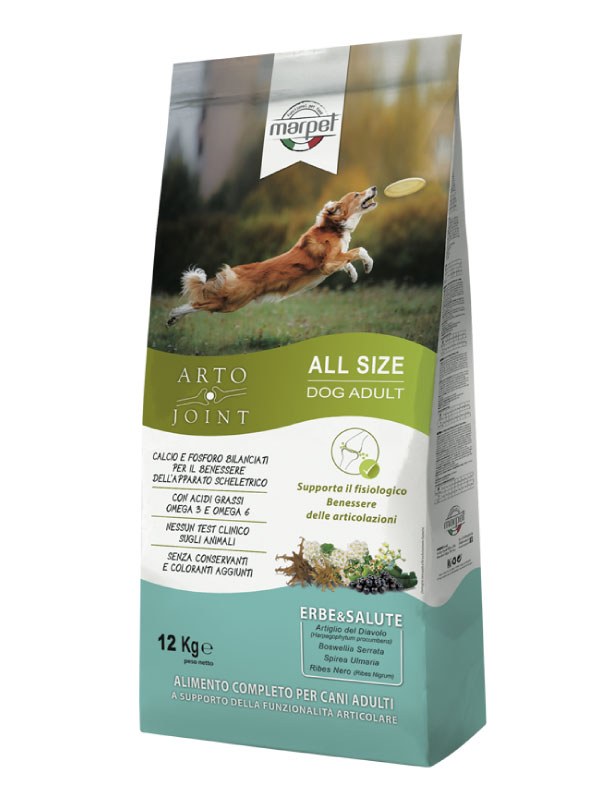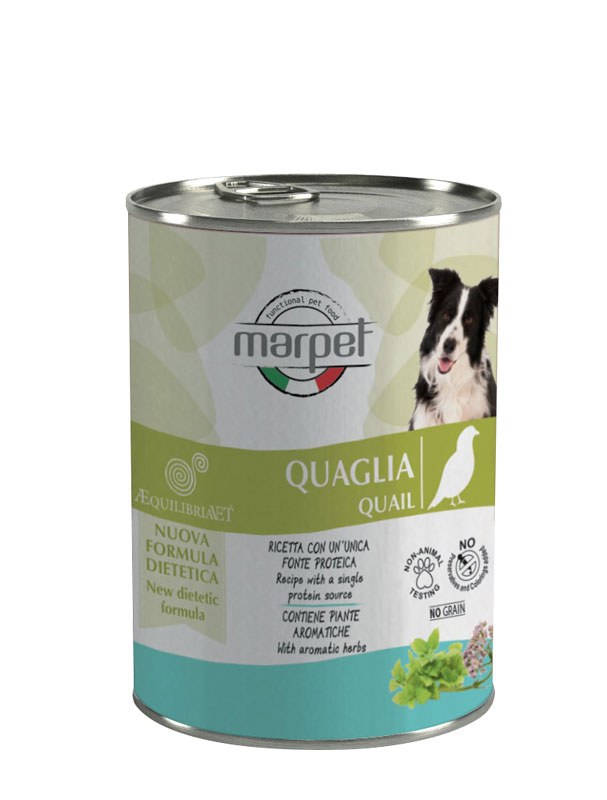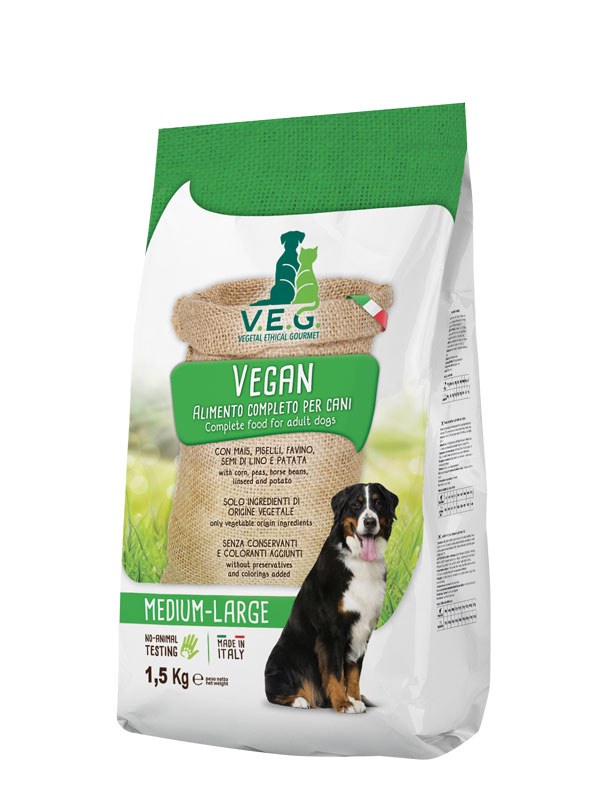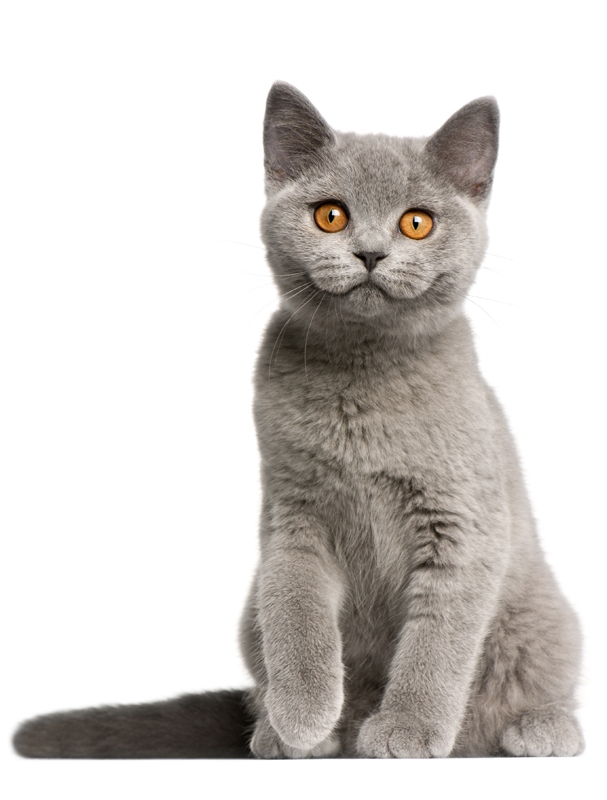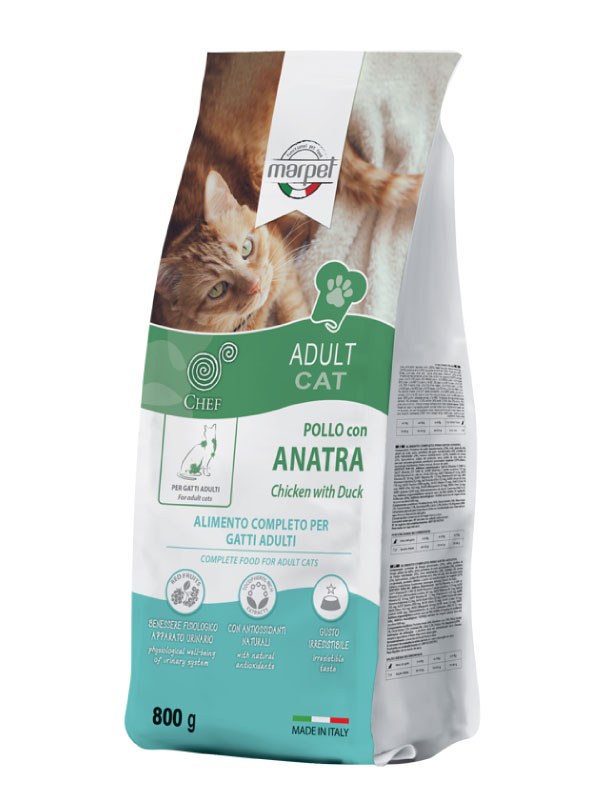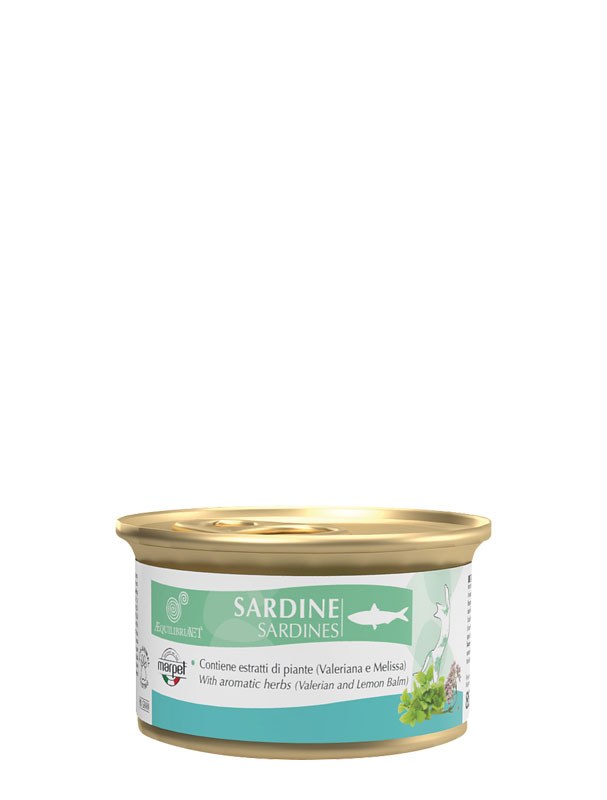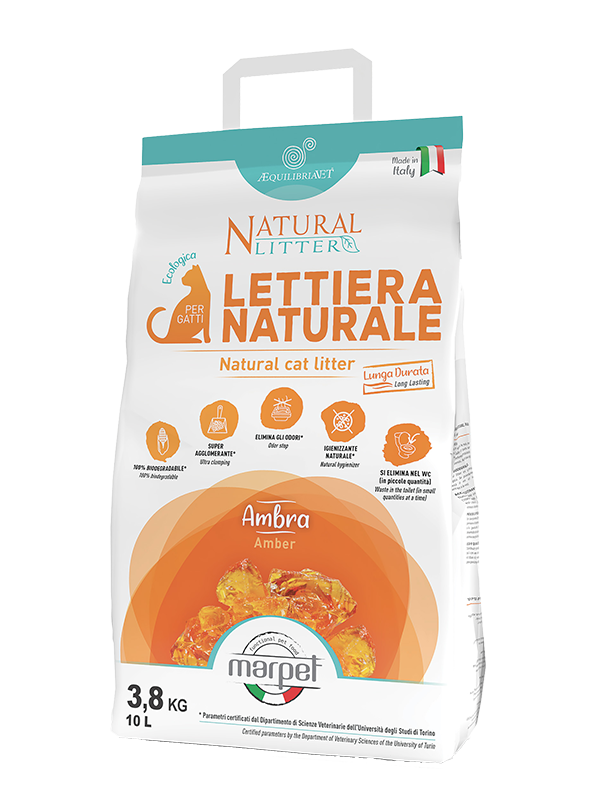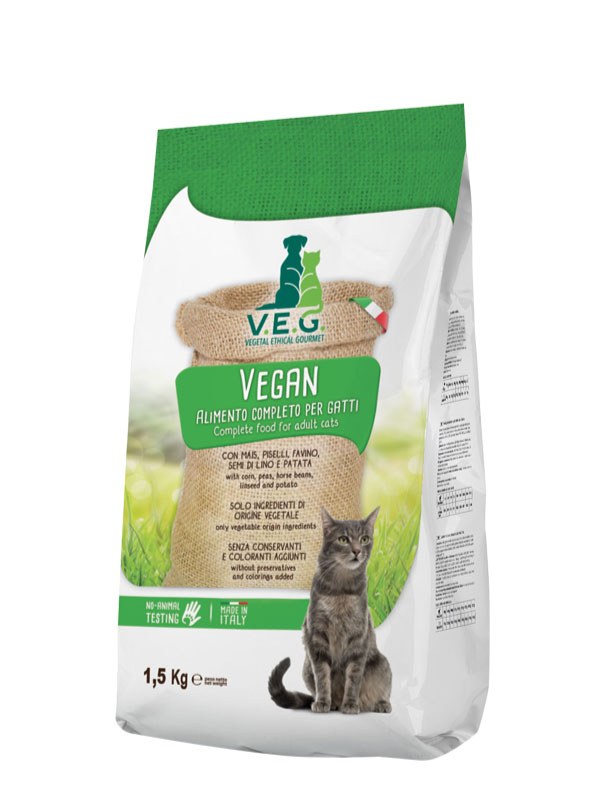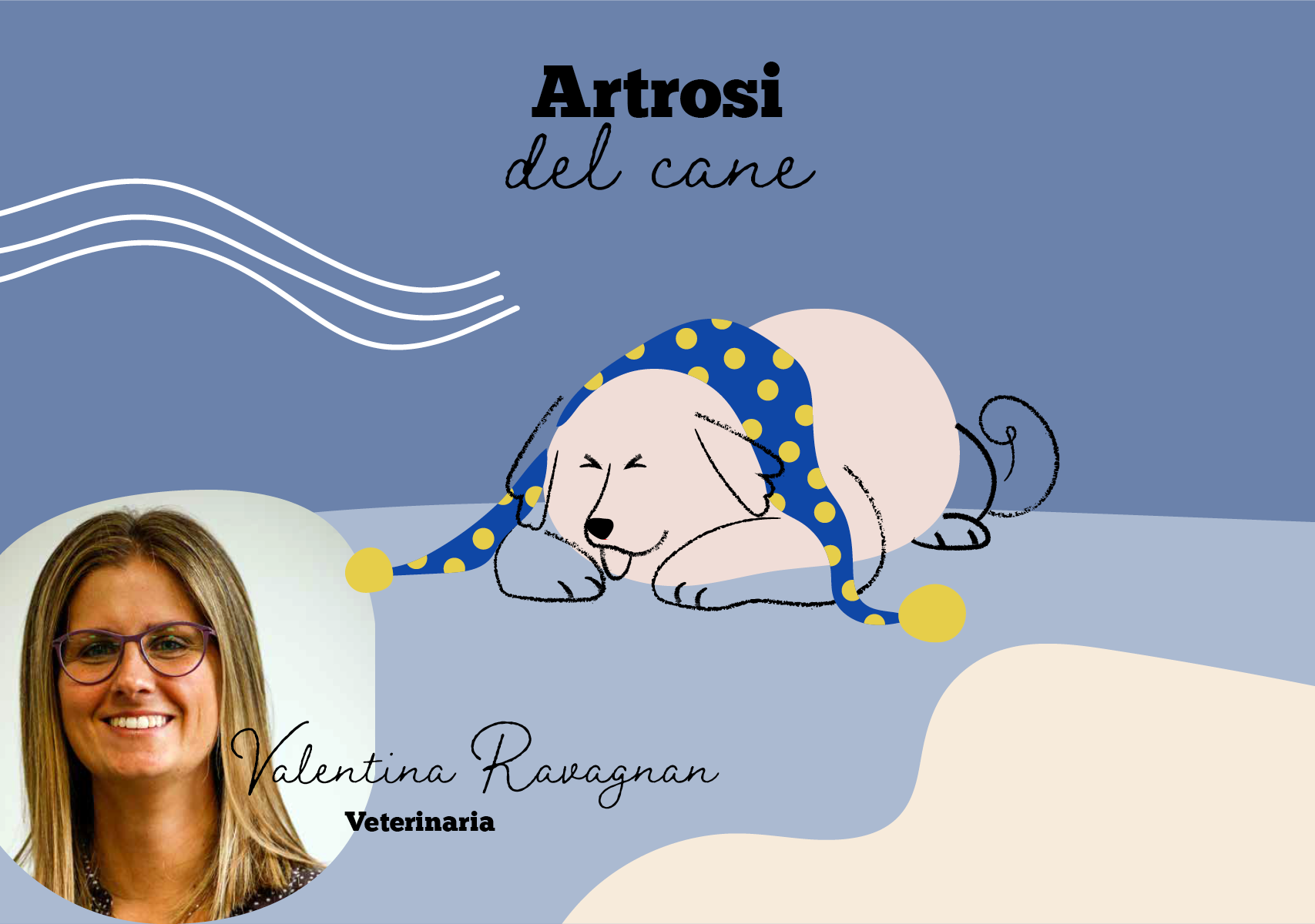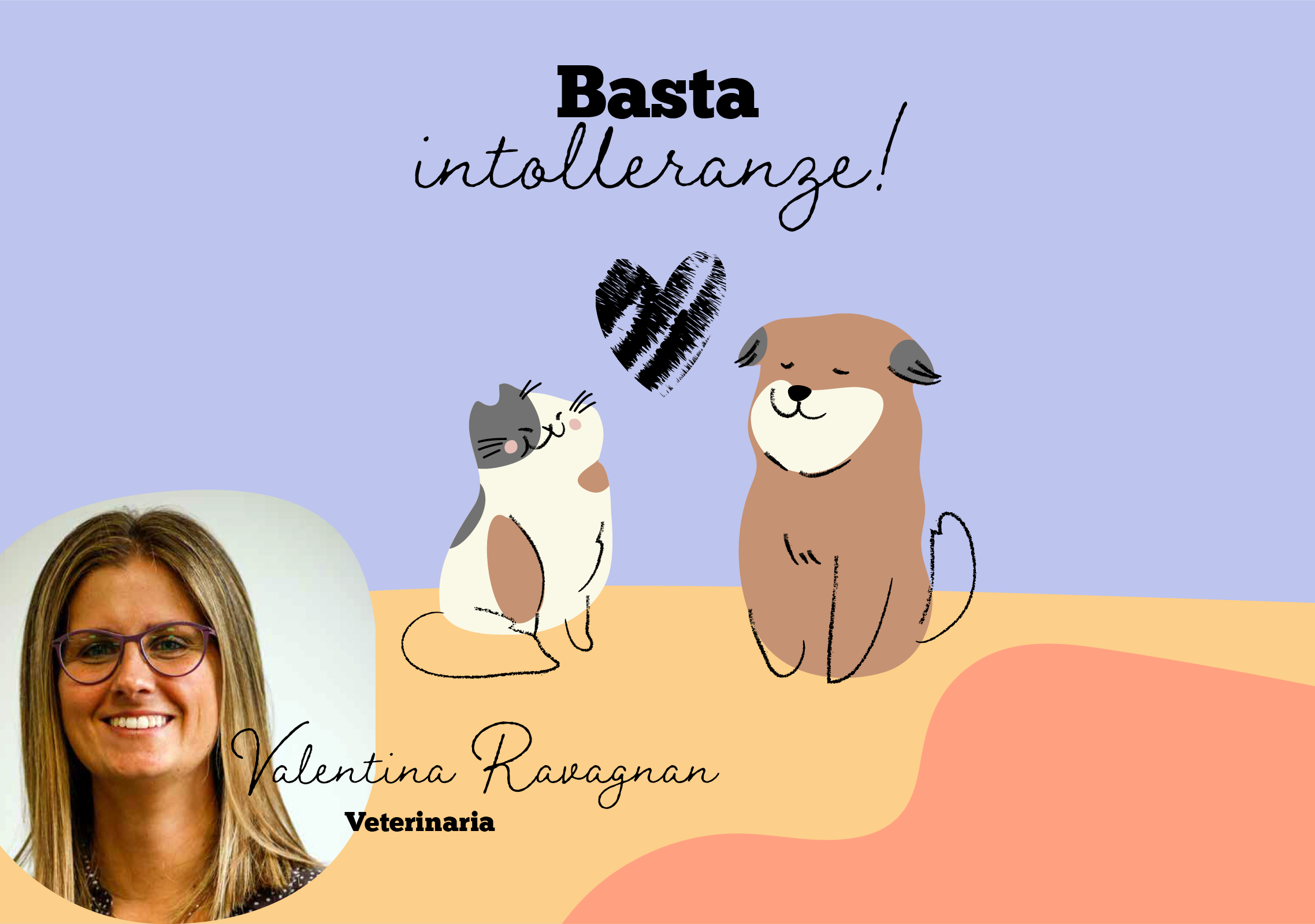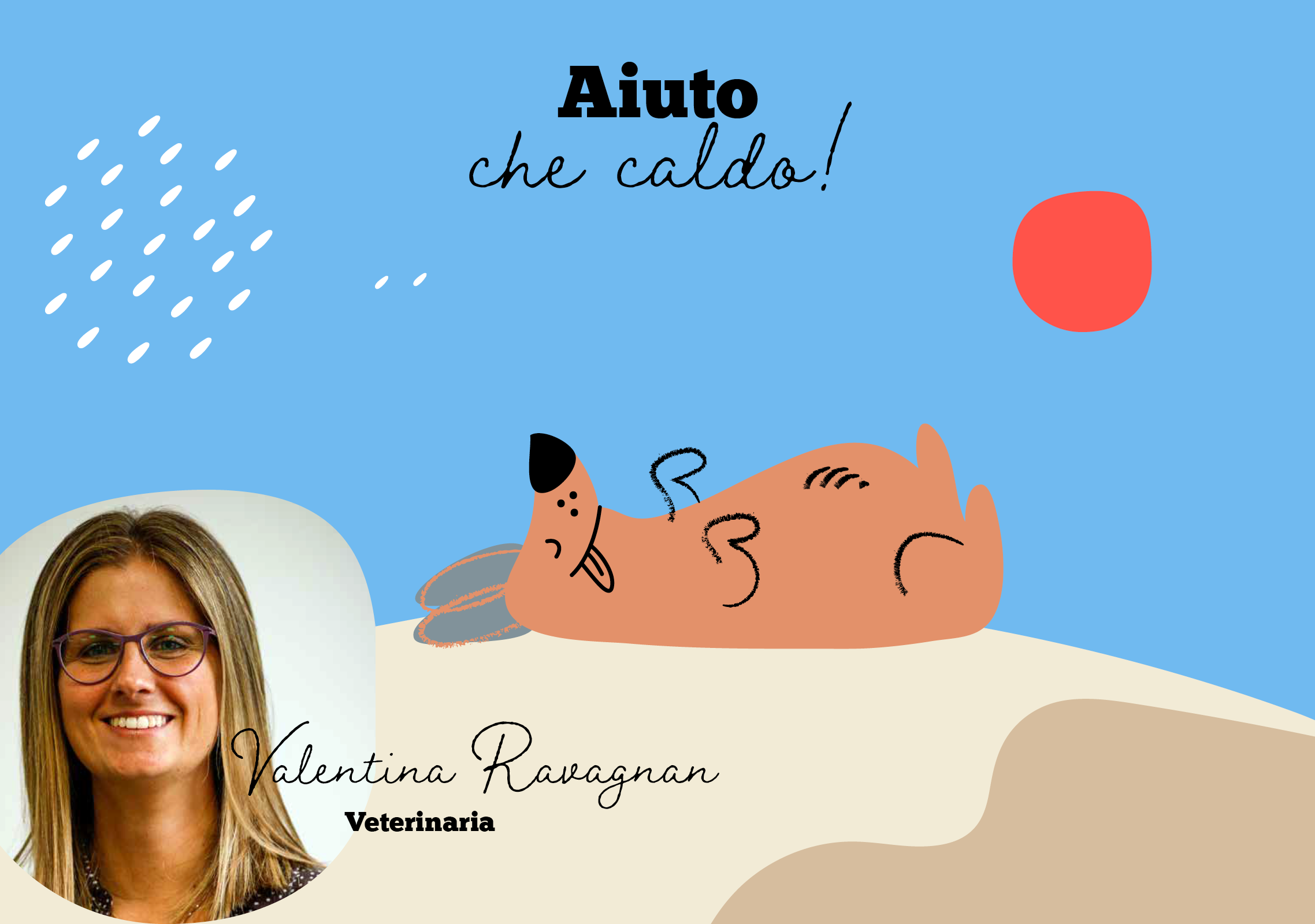RHINITIS AND CONJUNCTIVITIS IN CATS
Many of you will have had a cat who suffers from rhinitis and/or conjunctivitis or heard a friend tell you that their cat often has these symptoms. These types of clinical manifestations are, unfortunately, very frequent in domestic cats and have various viral and bacterial causes.
Infections of the upper respiratory tract generally manifest themselves in the form of inflammation of the nose and trachea and indirectly also of the conjunctiva (eye), as the nose and eye are closely related.
The most common aetiological agents are feline herpesvirus, calicivirus and chlamydia. Fortunately there is a prevention for this type of disease with a polyvalent vaccine that reduces the risk of systemic complications, but often the symptoms of the first airways such as sneezing, nasal discharge and lacrimation can still occur, even at different times of the year. In many cases there may also be symptoms such as ulcers and inflammation of the oral cavity (gingivitis), with difficulty in eating.
These diseases are usually treated systemically with antibiotics to avoid secondary bacterial infections that can worsen the cat's state of health, and with topical products to alleviate eye and mouth discomfort. Often, eye drops or ointments for the eye, gum gels or healing solutions are used to manage lesions in the mouth in order to reduce pain and allow the cat to feed without problems.
Usually, in these cases, it is also advisable to use wet food, with a soft consistency, which does not require the cat to chew much and makes daily feeding easier.
In many cases, these types of diseases can remain latent, i.e. they can reappear at certain times of the year, such as during the change of season or when cats are under stress: in these situations there can be a drop in the immune defences, which then causes a reappearance of certain typical symptoms such as nasal discharge, eye discharge and/or lesions in the mouth.
This is why it is important to support cats that we know are prone to these diseases with specific supplements for real support of the immune system and to be ready to treat the first symptoms to prevent them from worsening and leading to health conditions that are more complicated to manage.
If your cat suffers from rhinitis, conjunctivitis and stomatitis, always remember to consult your vet so that he/she can examine and correctly assess the cause of these problems and set up the most appropriate therapy depending on the cause and severity of the disease. Your vet will know your cat's medical history and will be able to advise you on the ideal products and supplements to reduce recurrences as much as possible.
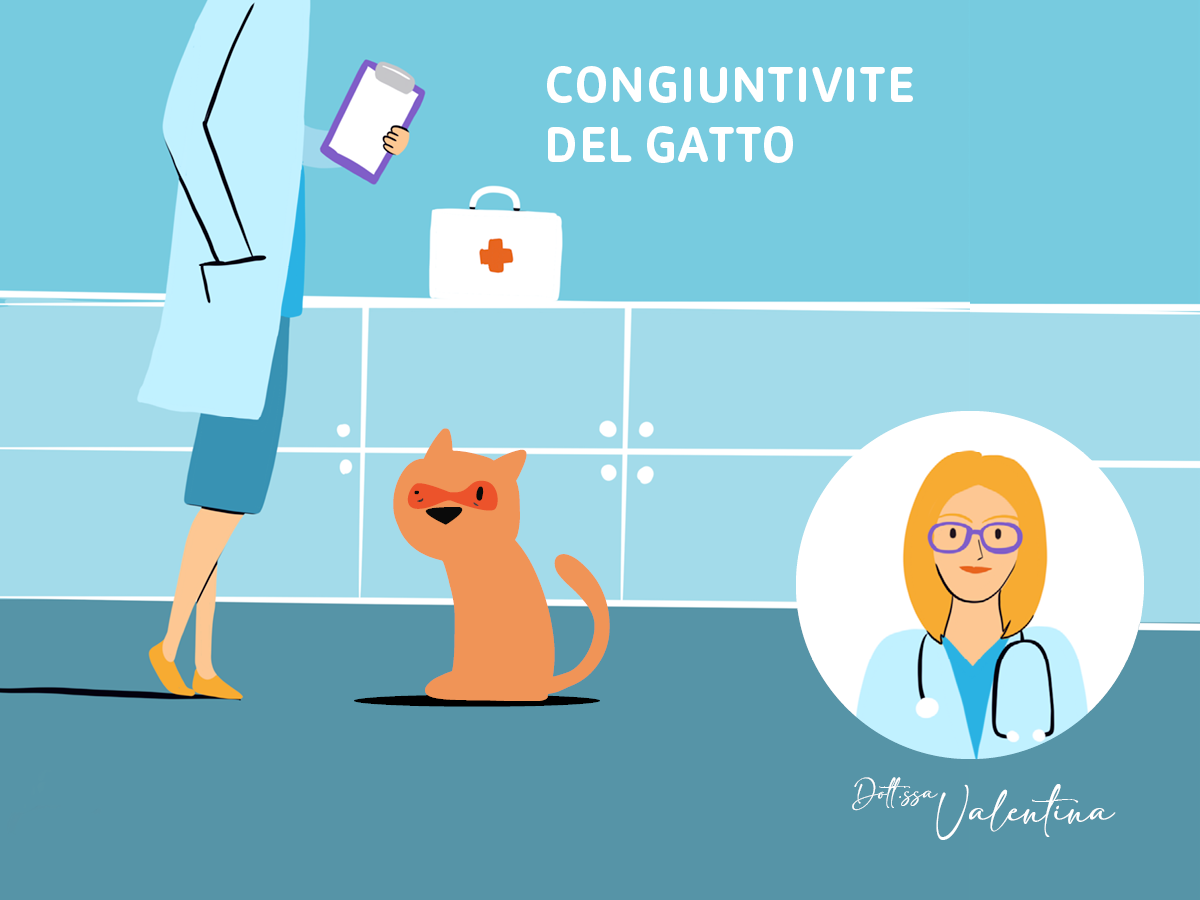
The arrival of autumn and the resulting cold weather is certainly a time of great interest for anyone with a dog or cat, especially if the animal is elderly or suffers from joint problems.
I prodotti monoproteici hanno preso parecchio spazio sugli scaffali dei nostri petshop preferiti. Ma cosa vuol dire alimento monoproteico?
Especially during the hottest months of the year, thermal changes and high temperatures can be really dangerous both for us humans and for our inseparable animal friends. What are the risks of so-called heatstroke? And what are the best ways to prevent its consequences? Let's find out together!
